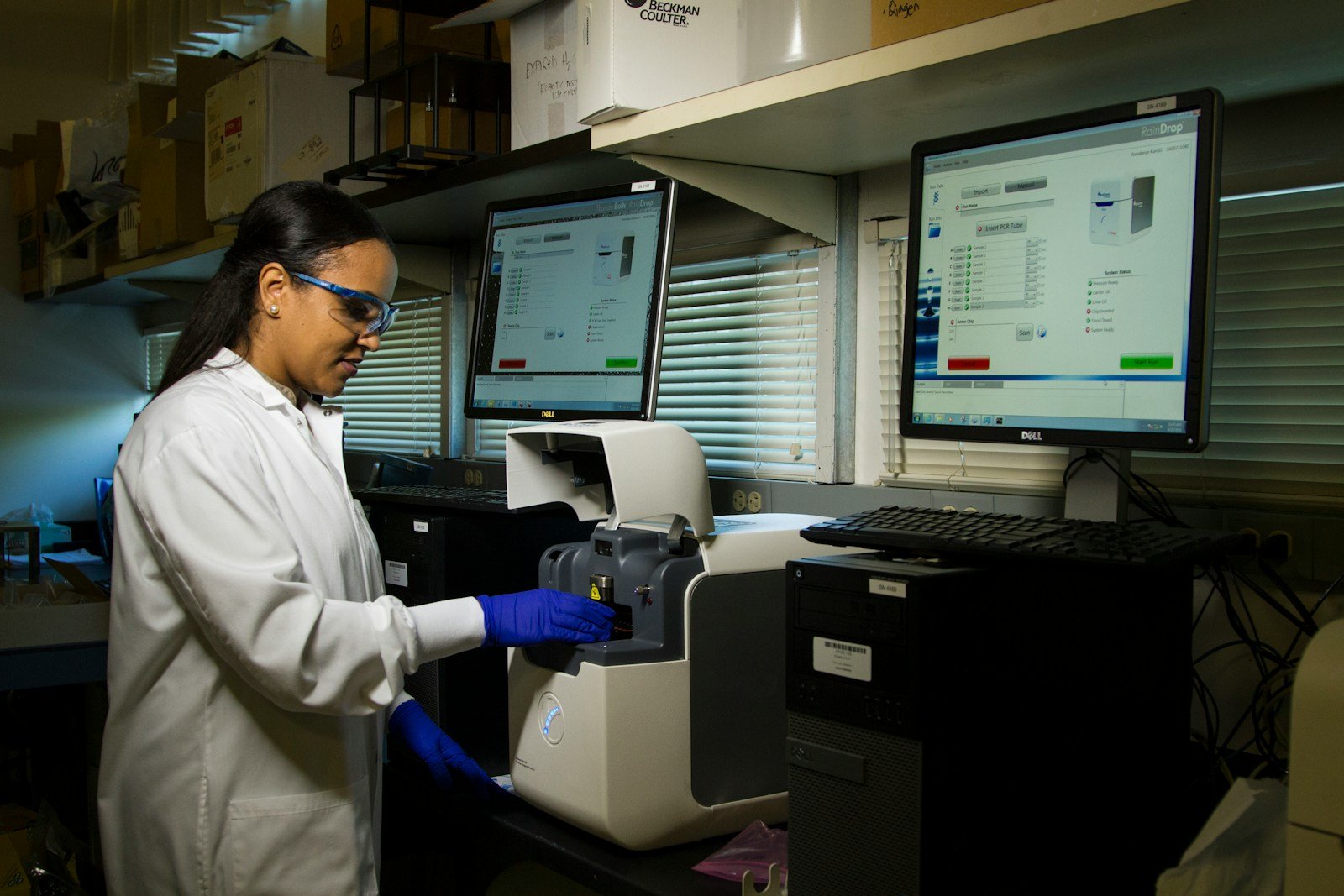
In recent years, the integration of artificial intelligence (AI) into the field of medicine has revolutionized healthcare delivery, diagnosis, and patient care. With the advent of advanced AI technologies, doctors now have access to a myriad of powerful tools that enhance their capabilities and streamline processes. In this blog, we’ll explore the diverse applications of AI in medicine, from diagnostic assistance to personalized treatment plans, and delve into the ongoing development of AI tools that promise to reshape the future of healthcare.
- Diagnostic Assistance:
AI-powered diagnostic tools leverage machine learning algorithms to analyze medical imaging data, such as X-rays, MRIs, and CT scans, assisting physicians in accurately detecting and diagnosing diseases. These tools not only improve diagnostic accuracy but also help reduce interpretation time, enabling faster treatment decisions and improved patient outcomes. - Personalized Treatment Planning:
AI algorithms can analyze vast amounts of patient data, including genetic information, medical history, and treatment outcomes, to develop personalized treatment plans tailored to individual patients. By considering a patient’s unique characteristics and medical profile, AI-powered decision support systems help physicians optimize treatment strategies, minimize adverse effects, and enhance overall patient care. - Predictive Analytics:
Predictive analytics models utilize AI algorithms to analyze patient data and identify patterns, trends, and risk factors associated with various diseases and medical conditions. By predicting disease progression, treatment response, and potential complications, these tools enable proactive interventions, early detection, and preventive care, ultimately improving patient outcomes and reducing healthcare costs. - Virtual Health Assistants:
Virtual health assistants powered by AI technology offer patients personalized health advice, medication reminders, and self-care recommendations, enhancing patient engagement and adherence to treatment plans. These virtual assistants also facilitate remote monitoring of patients’ health status, enabling timely interventions and continuous care management. - Drug Discovery and Development:
AI-driven drug discovery platforms leverage advanced algorithms to analyze vast biological and chemical datasets, accelerating the process of drug discovery and development. By identifying potential drug candidates, predicting their efficacy and safety profiles, and optimizing drug design, AI-powered platforms enable pharmaceutical companies to bring innovative therapies to market faster and more efficiently. - Ongoing Development and Innovation:
The field of AI in medicine is rapidly evolving, with ongoing research and development focused on enhancing existing tools and exploring new applications. From improving diagnostic accuracy to enabling precision medicine and advancing telemedicine capabilities, AI continues to drive innovation and transformation in healthcare delivery.
In conclusion, artificial intelligence holds immense potential to revolutionize the practice of medicine, offering physicians a diverse array of powerful tools and capabilities to enhance patient care, improve clinical outcomes, and drive medical innovation. As AI technology continues to advance, the future of healthcare holds great promise, with AI poised to play an increasingly integral role in shaping the delivery of healthcare services worldwide.
